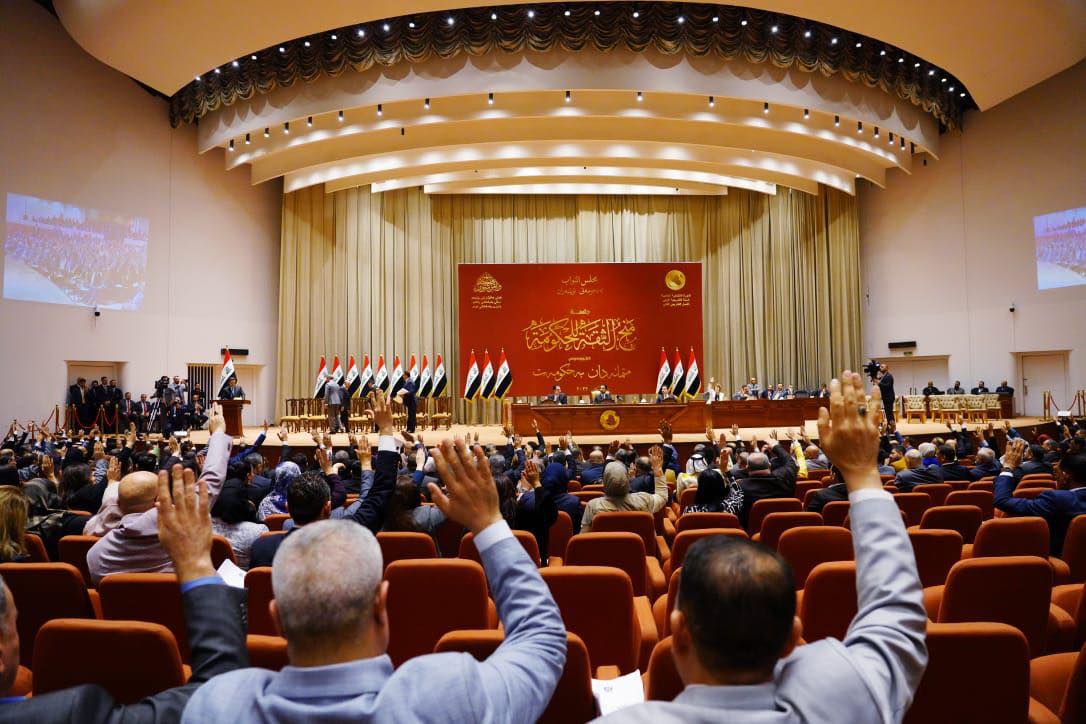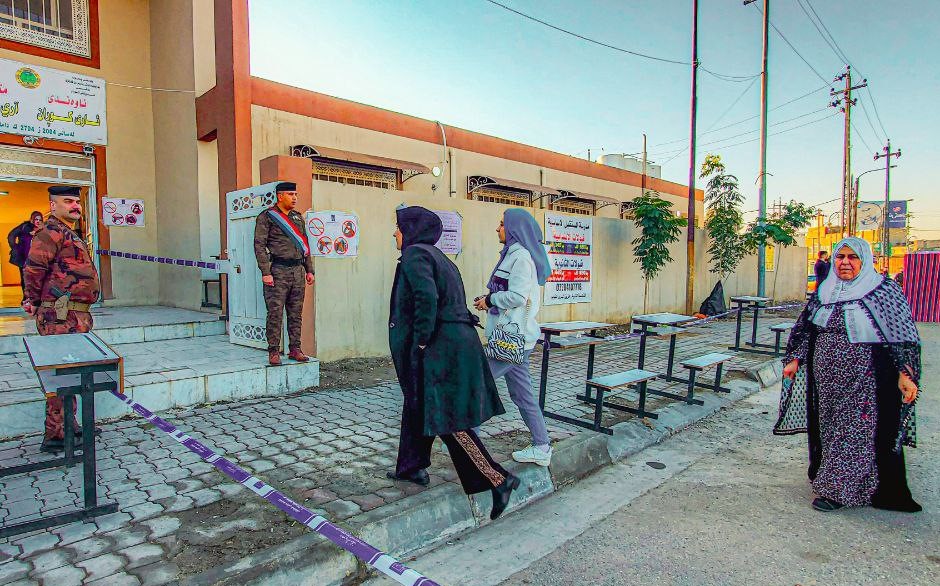Certain legal frameworks and opportunities, combined with positive shifts in society's perception of women's political involvement, are anticipated to enhance the role and status of women in the upcoming parliamentary elections set for November.
Under the quota system, women are guaranteed 83 seats in the parliament out of a total of 320 seats. However, additional legal frameworks, opportunities, and positive societal changes regarding women's political participation are expected to motivate women to secure more seats.
Almas Fazel, a female leader of the Patriotic Union of Kurdistan (PUK) in the northern, multi-ethnic, oil-rich province of Kirkuk and a member of the previous round of the Iraqi parliament, expressed her anticipation for increased female participation in the elections.
"The growing significance of women and certain legal frameworks that have compelled parties to secure more parliamentary seats have pushed them (the political parties) to consider women's nominations," she stated.
Hogir Chato, the head of Shams Election Monitoring Network, mentioned that the law of women's quotas encourages parties to include more female candidates in their lists to benefit from the equation of the least number of votes.
Women capitalized on these opportunities in the last Iraqi parliamentary and provincial council elections, securing 97 seats in the 2021 parliamentary elections (14 seats in addition to the quota system). At least 55 women were elected to parliament without relying on the quota system.
The advancements for women in the 2023 provincial council elections were as promising as those for the Iraqi parliament, with 17 of the 76 winning members of the Iraqi provincial councils winning based on their own votes without a quota system, including three women receiving the highest number of votes.
For instance, in the Diyala provincial council, four women were elected, matching the quota percentage, but two of them were elected based on their own votes.

Approximately 14 million women are eligible to vote in the November 11 election, constituting 49 percent of the total.
For this election, the Independent High Electoral Commission (IHEC) has established a women's election support team to develop a mechanism to empower women in the electoral field, provide necessary support to increase their participation as candidates and voters.
"If there is a coalition between parties, then the parties in the coalition will nominate more women to secure their candidates, further aiding in the nomination of more women," Chato added.
"We are striving to amend the electoral law so that if any woman wins without a quota share, the victory will not be considered part of the quota," he stated.
"We will work on amending the electoral law in the next session, so that if any woman wins without a quota, the victory will not be counted as part of the quota," said Almas, who previously served as the deputy speaker of the Kirkuk provincial council.
"In the recent provincial council and parliamentary elections, many women secured seats outside the quota system and based on their own votes, so while the quota system protected the right of women to engage in the political sphere, it was also detrimental in some ways."
Amal Marri, the head of public services and reconstruction at Salahaddin Provincial Council, emphasized, "Women are increasingly influential in legislation due to laws that allocate 25 percent for women, but in our tribal society, women are not given a role in decision-making."
She urged the government to consider the 25 percent quota for women in government executive offices and centers.





